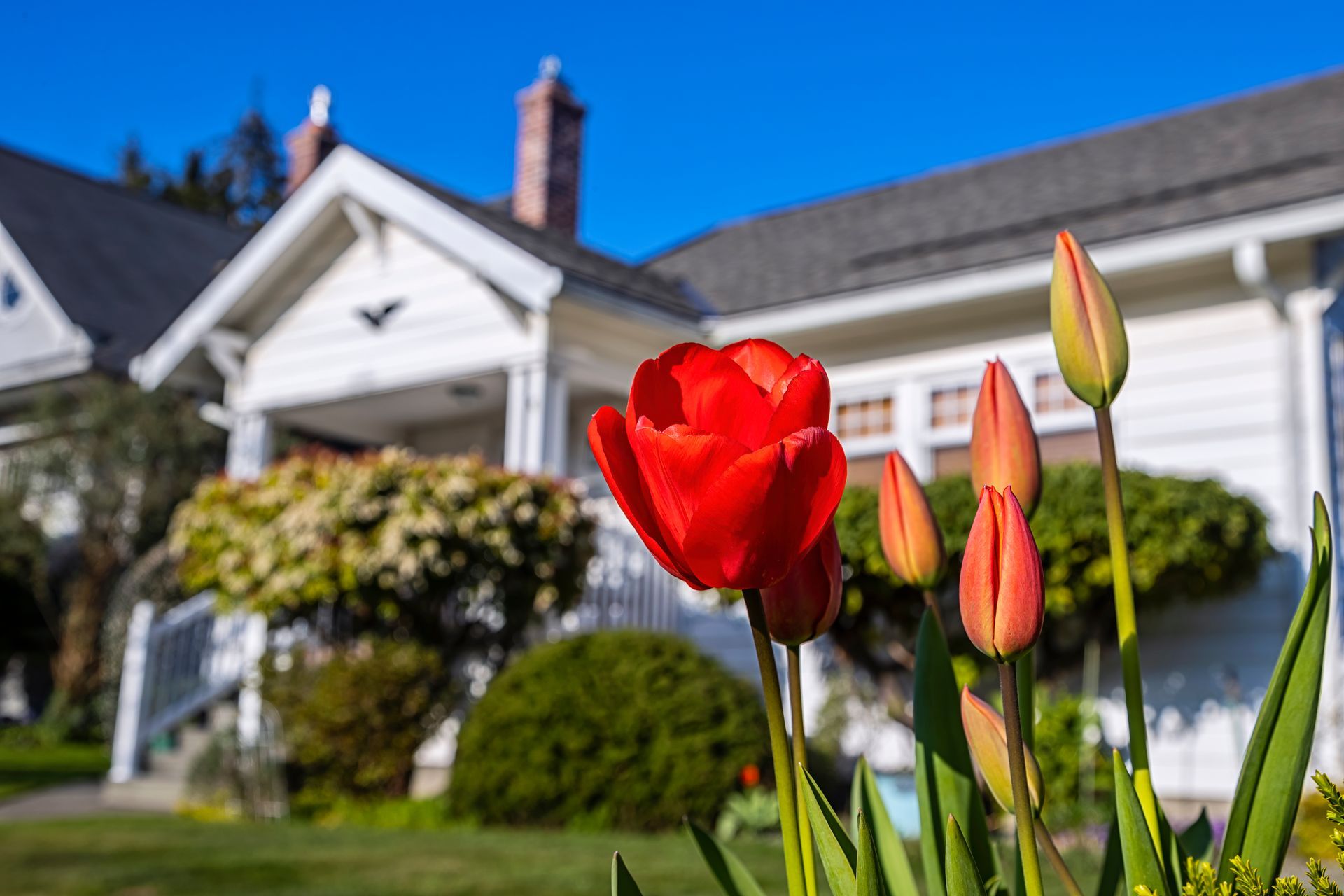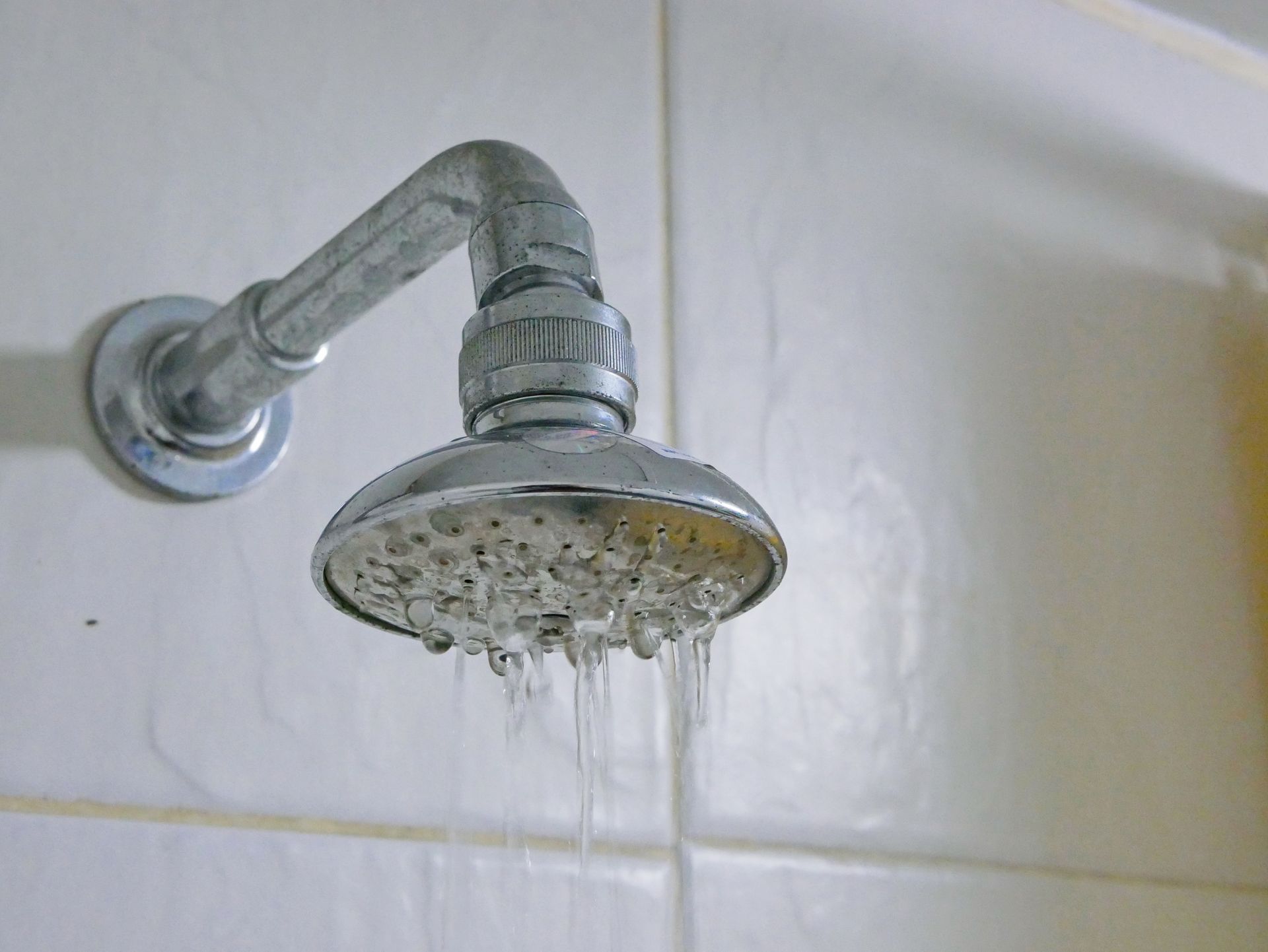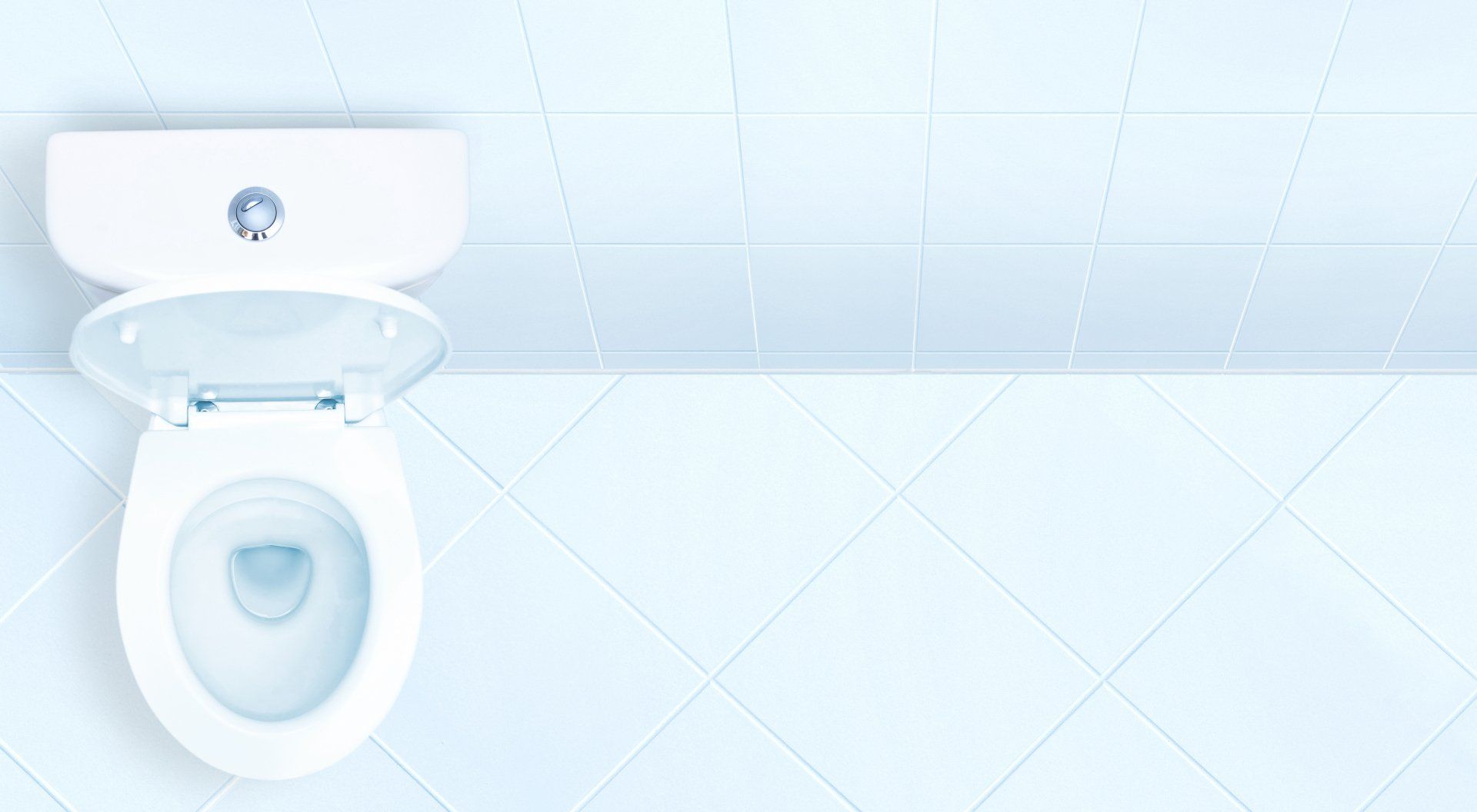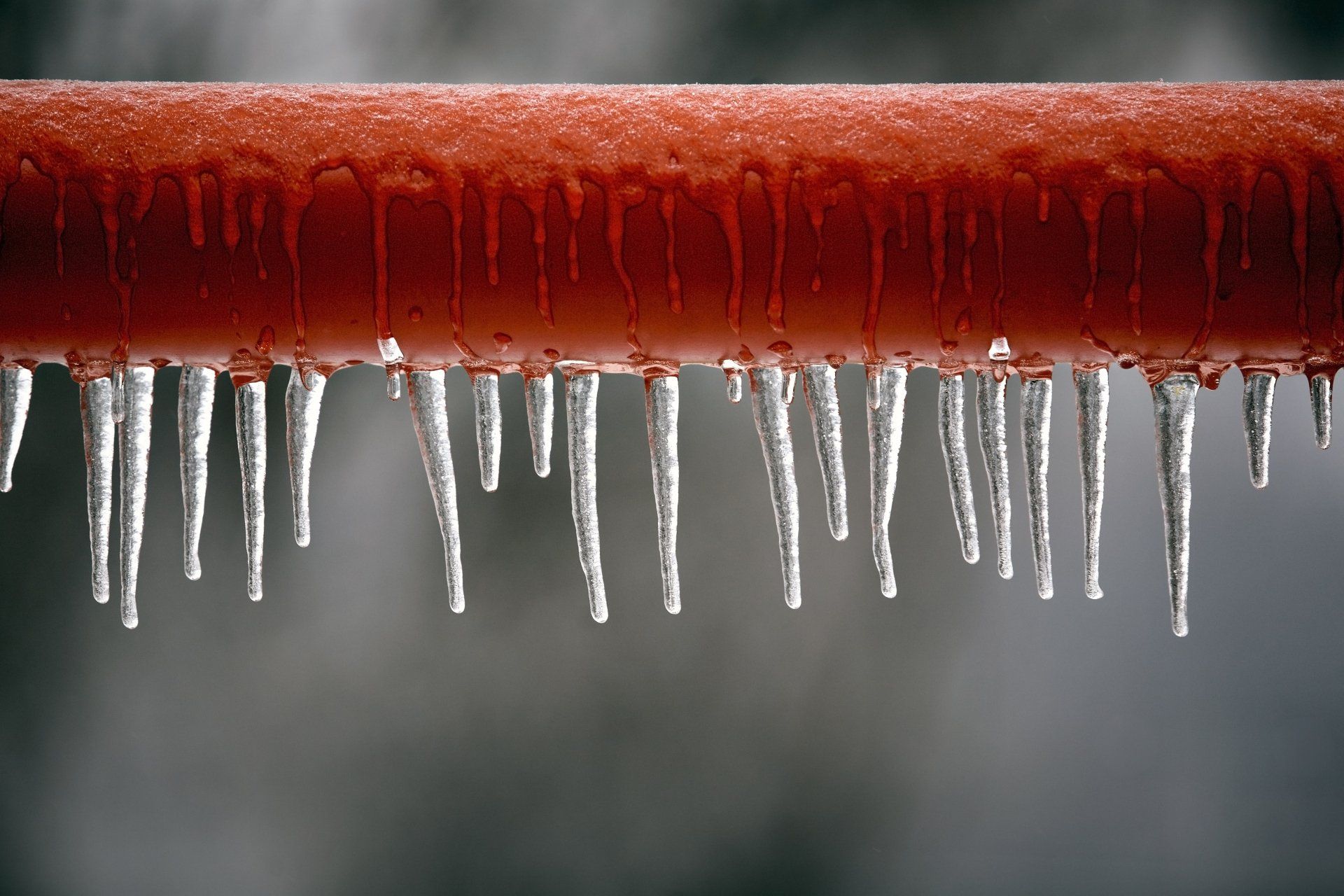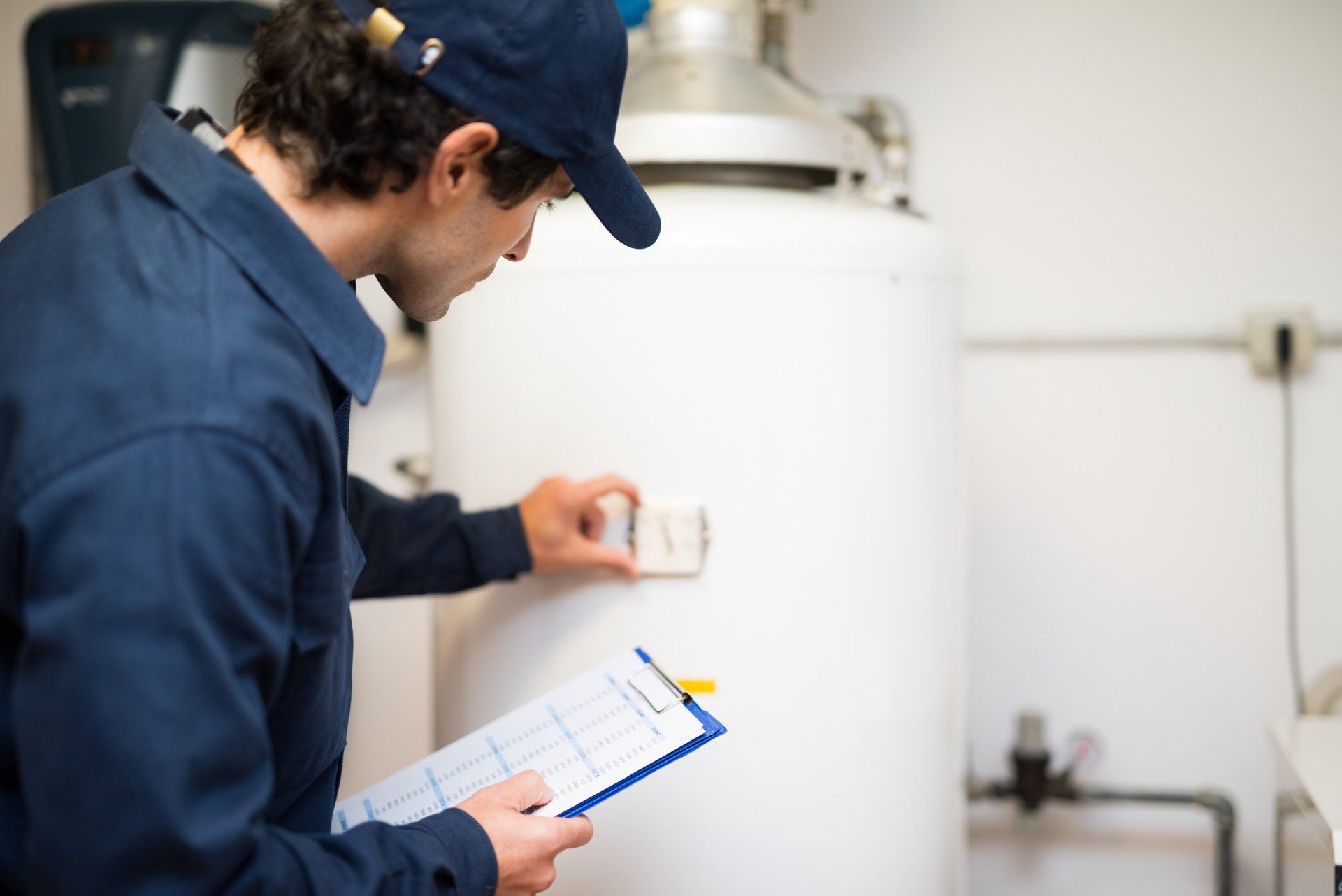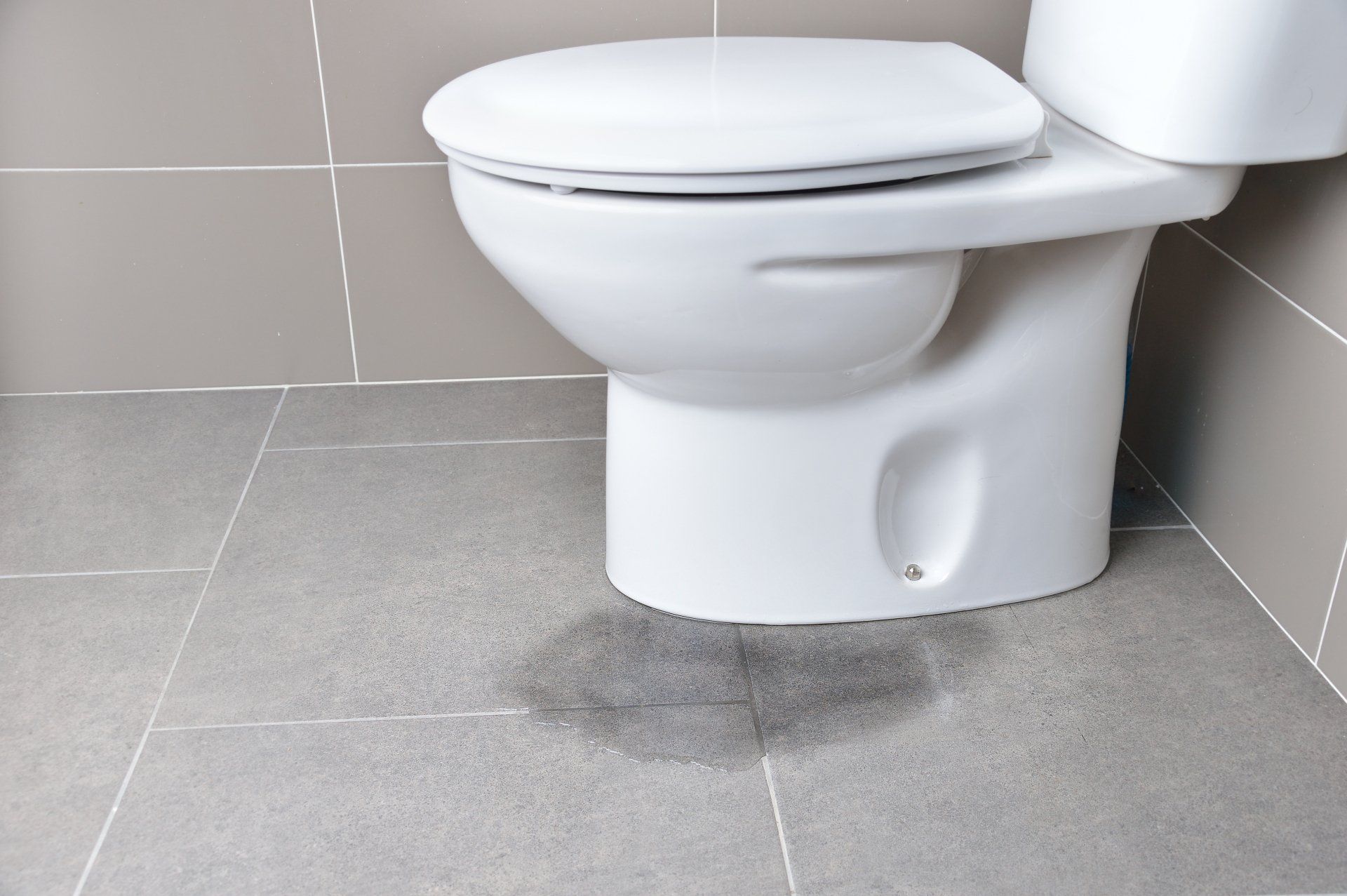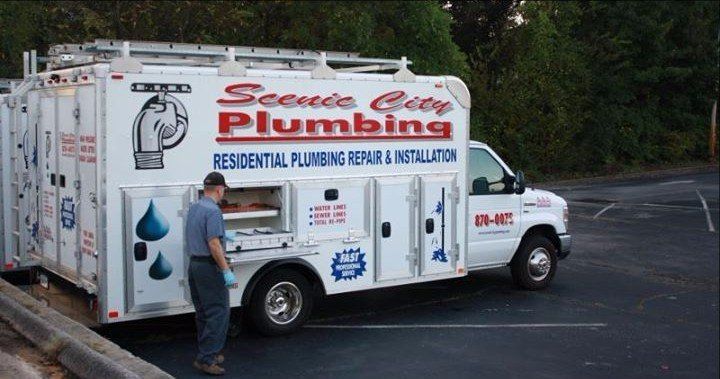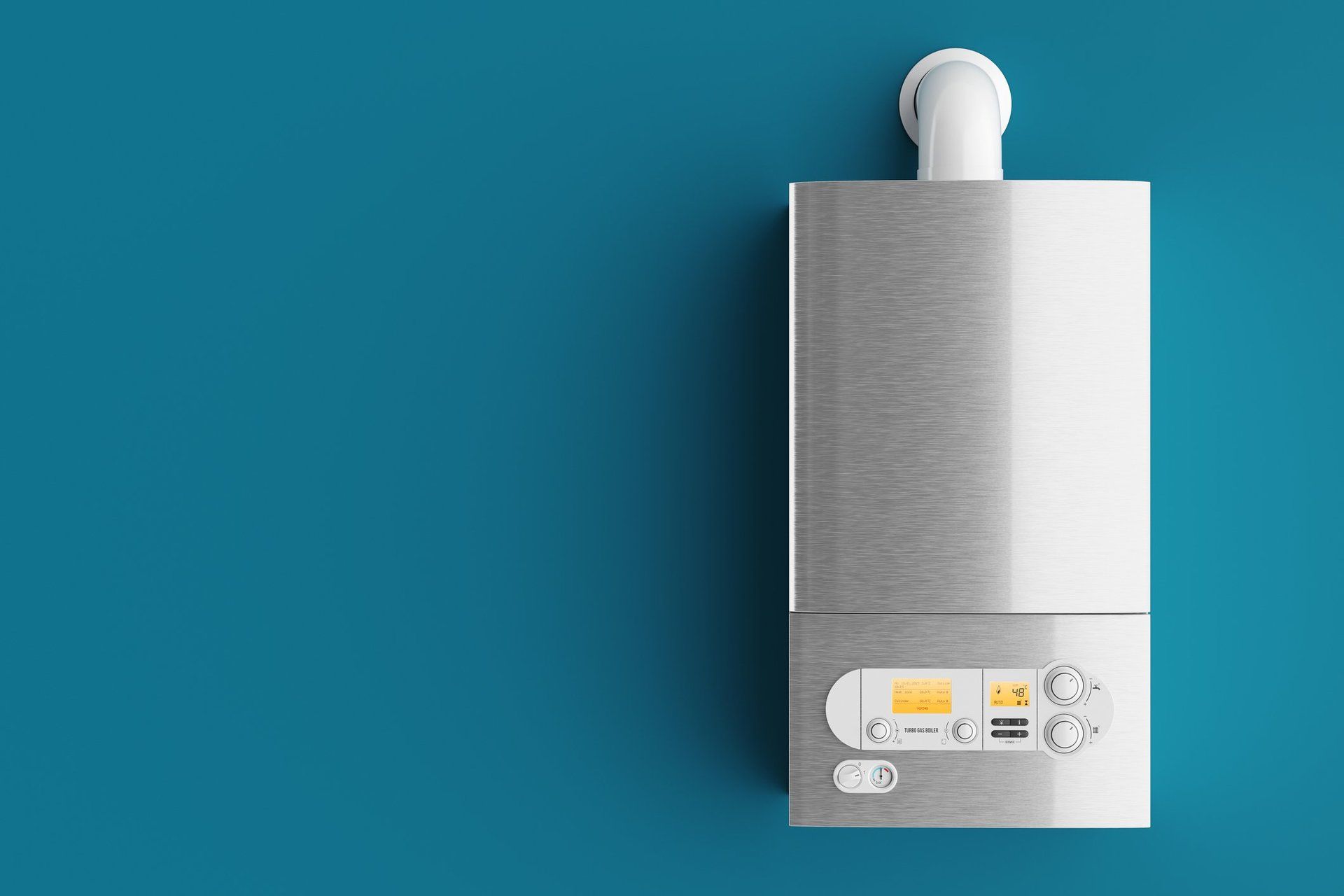Identifying Hard Water in Your Home
Signs of Hard Water Issues and Solutions
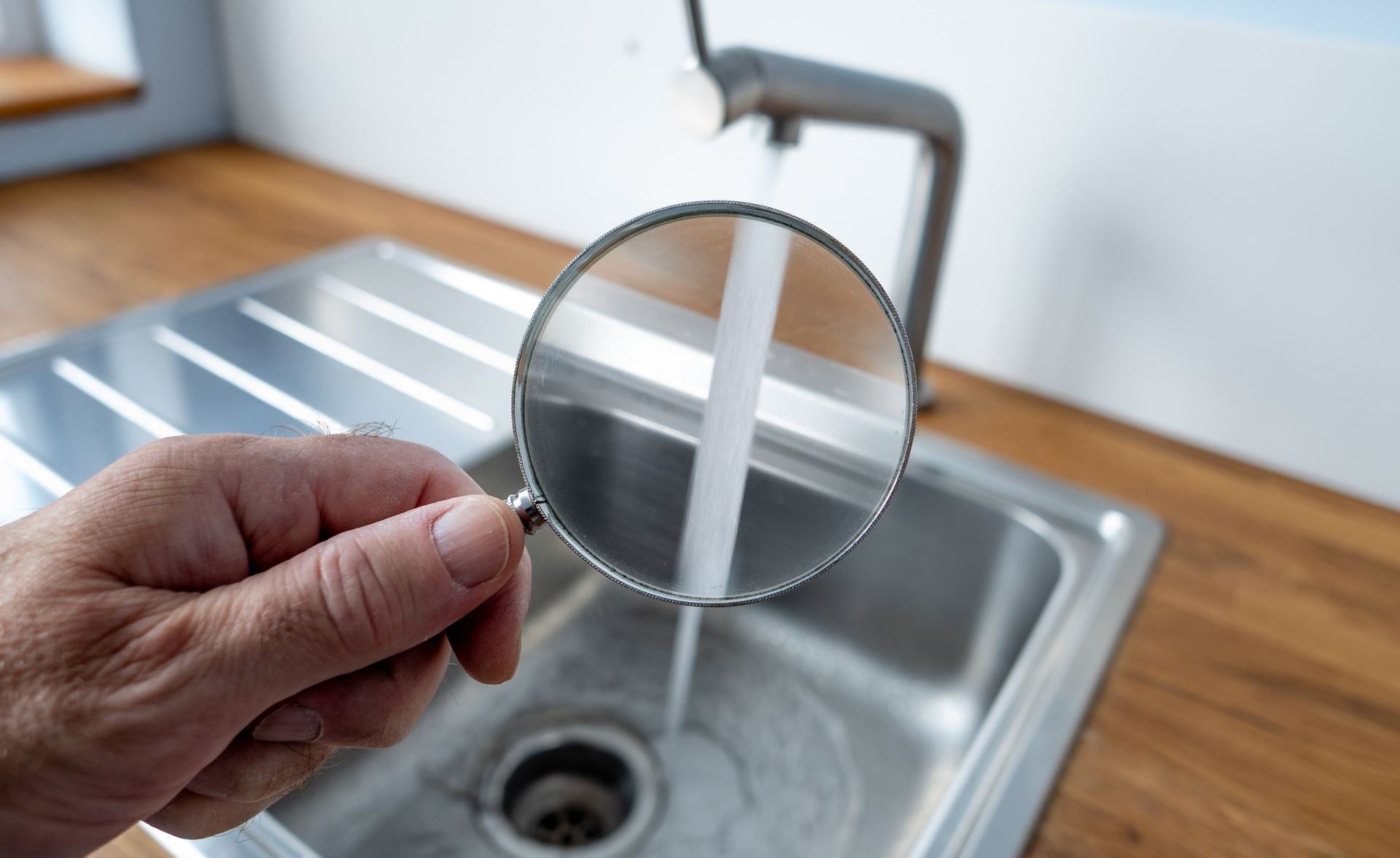
If you’ve ever noticed spots on your clean dishes, dry skin after a shower, or buildup around your faucets, hard water might be the reason. Hard water is common in many areas, including parts of Chattanooga and North Georgia. While it’s not dangerous, it can cause problems for your plumbing, appliances, and comfort over time.
Here’s how to tell if your home has hard water—and what you can do about it.
What Is Hard Water?
Hard water contains higher-than-normal levels of dissolved minerals, mainly calcium and magnesium. These minerals come from underground sources and often make their way into your water supply, especially if your area relies on well water or untreated municipal sources.
Common Signs of Hard Water
1. White, Chalky Buildup
One of the most obvious signs is mineral buildup (or limescale) on faucets, showerheads, and around drains. You might also see crusty white deposits on your dishes or inside your coffee maker.
2. Dry Skin and Hair
Hard water can strip moisture from your skin and hair, leaving both feeling dry or irritated. Soap may not lather well, which can also lead to a film on your skin after bathing.
3. Faded Laundry and Stiff Towels
Clothes washed in hard water may fade faster and feel rougher over time. Detergent doesn’t dissolve properly in hard water, which affects cleaning performance.
4. Water Spots on Dishes and Glassware
Even after running the dishwasher, you may notice cloudy residue or spotting. That’s the result of minerals drying on your dishes during the rinse cycle.
5. Reduced Water Pressure
Over time, mineral buildup can narrow pipes and restrict water flow, leading to lower pressure from sinks and showers.
6. Shorter Appliance Lifespans
Hard water is tough on water heaters, dishwashers, and washing machines. The buildup can reduce efficiency and wear parts down faster, meaning more repairs or replacements.
How to Test for Hard Water
You can buy a home test kit from most hardware stores or request a professional water analysis. Another simple DIY method: fill a clear bottle with water and a few drops of dish soap. Shake it up—if there’s little to no suds and the water looks cloudy, you likely have hard water.
Solutions: Installing a Water Softener
A water softener is the most effective way to combat hard water in your home. These systems remove excess calcium and magnesium through a process called ion exchange, replacing them with sodium or potassium.
Benefits of a Water Softener:
- Prevents mineral buildup in plumbing and appliances
- Improves soap and detergent performance
- Leaves skin and hair feeling softer
- Reduces spotting on dishes and fixtures
- Helps extend the life of your water heater and appliances
At Scenic City Plumbing, we install and service water softeners tailored to your home’s needs. We can test your water, recommend the right system, and handle a smooth installation from start to finish.
Say Goodbye to Hard Water Problems
If you’ve noticed signs of hard water in your home, don’t wait for it to damage your plumbing or appliances. Scenic City Plumbing is here to help with testing, solutions, and expert water softener installation in Chattanooga and surrounding areas.



